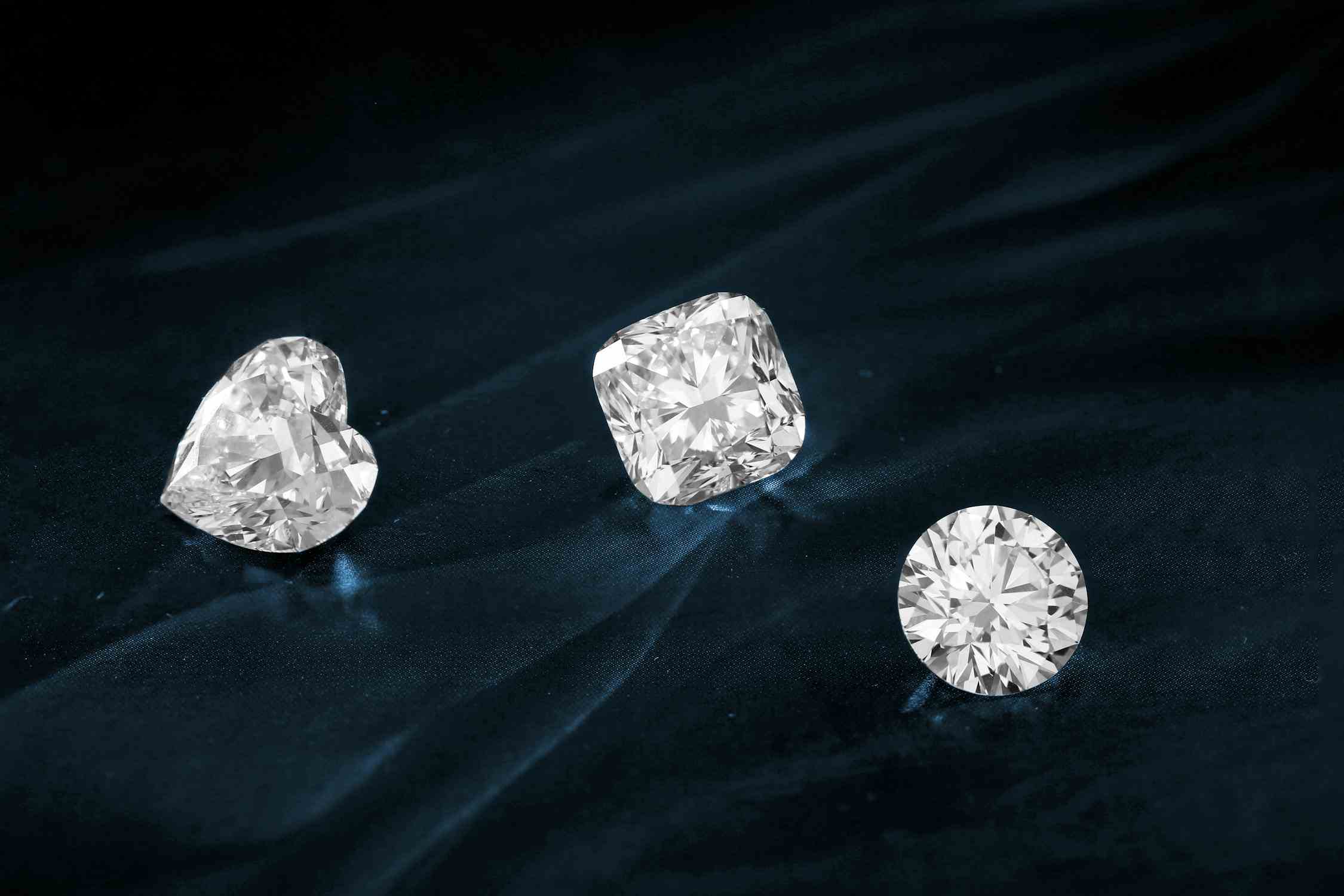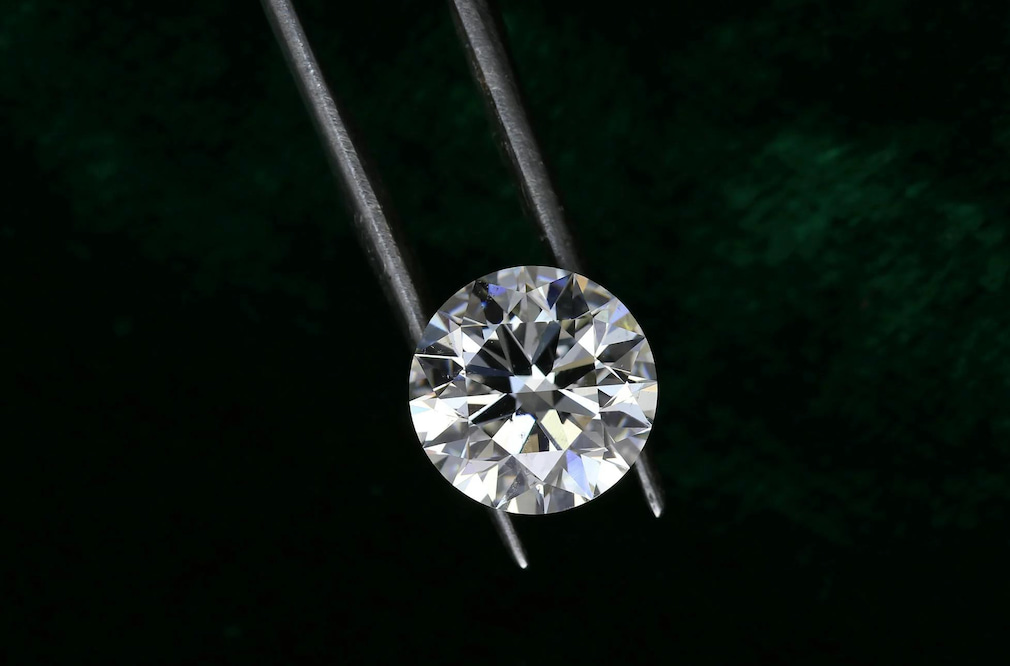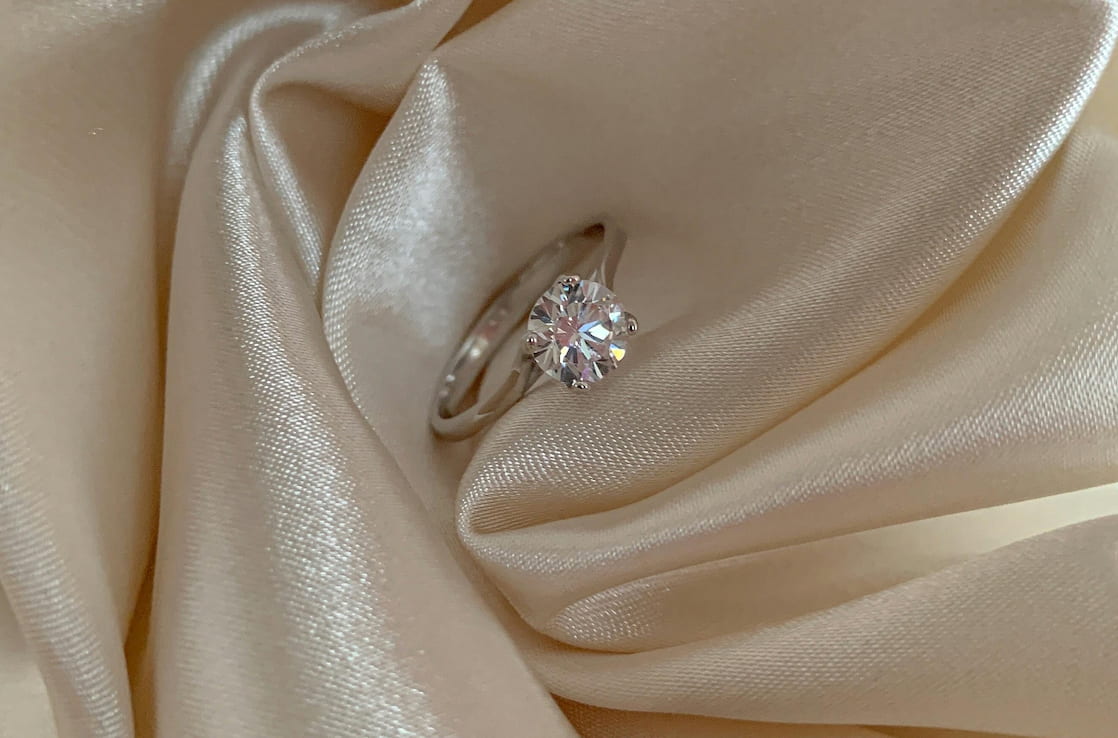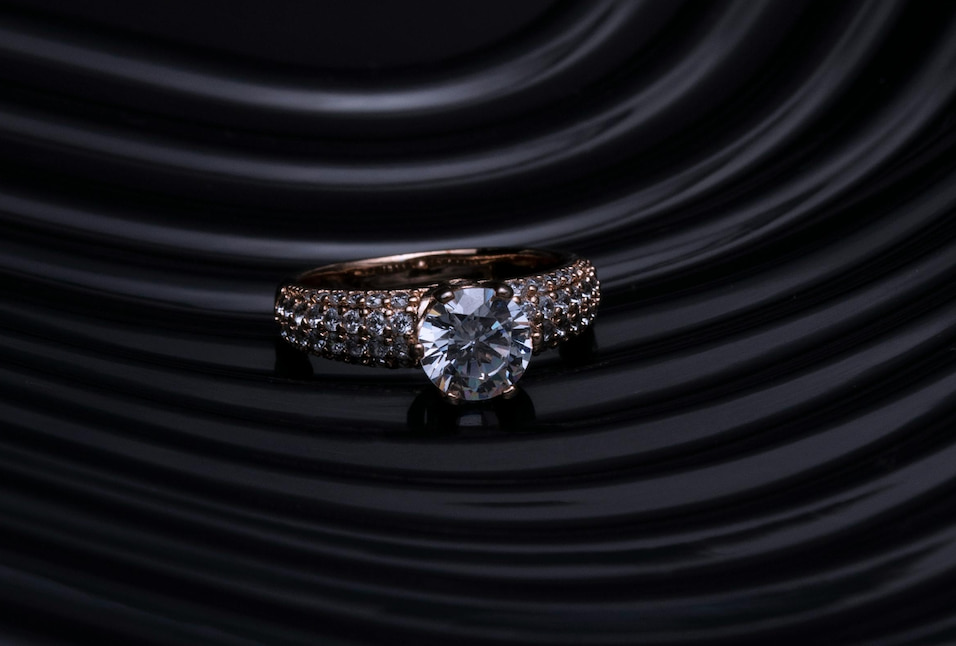If you're in the market for a diamond, you've probably heard about lab grown diamonds by now. They're becoming an increasingly popular choice, and for good reason! Not only do they offer the exact same sparkle and beauty as natural diamonds with a much lower price tag, but they also come with a more sustainable and ethical story behind them.
But with so many options out there, how do you know you're getting the best lab grown diamonds? In this guide, we'll break down what lab grown diamonds are, how to pick the highest quality ones, and where to shop for them so you can feel confident about your choice.

Lab grown diamonds are exactly what they sound like—diamonds created in a laboratory instead of being mined from the earth. But don't let the "lab" part fool you; these diamonds are not fake or synthetic. In fact, they're chemically, physically, and optically identical to natural diamonds. That means they sparkle just as brilliantly and are just as durable as the ones that take billions of years to form underground.
So, how are they made? Lab grown diamonds are created using advanced technology that mimics the natural diamond-growing process. There are two main methods: High Pressure-High Temperature (HPHT) and Chemical Vapor Deposition (CVD). Both methods involve growing the diamond from a small "seed," eventually producing a gem that's indistinguishable from a mined diamond.

If you've been wondering if lab grown diamonds are "real," the answer is absolutely yes! The only difference is their origin, and lab-grown diamonds offer several advantages that make them an appealing choice for many:
Choosing the best lab created diamonds involves understanding the same key factors as with natural diamonds. Here are some simple steps to help you make a confident decision:

Always buy a lab grown diamond that comes with a certification from a reputable gemological lab, like the IGI (International Gemological Institute) or GIA (Gemological Institute of America). A certificate guarantees the diamond’s authenticity and provides all the important details about its quality.
Buy from jewelers who are transparent about their diamonds' origins and provide detailed information about their quality. Reputable retailers often offer return policies and warranties, giving you peace of mind with your purchase.
When you're ready to purchase a lab grown diamond, choosing the right retailer is key to ensuring quality and value. Here are some of the best lab grown diamond companies to consider:
Brilliant Earth is a standout choice if you're looking for a jewelry retailer that prioritizes ethical practices and sustainability. They offer a stunning collection of customizable engagement rings and fine jewelry featuring lab grown diamonds, all backed by certifications from trusted gemological labs like GIA or IGI.
One of the best features of Brilliant Earth is their virtual try-on app, which allows you to see how different rings will look on your hand before making a decision. You can also schedule personalized consultations with jewelry experts to guide you through the process. With free shipping and a 30-day return policy, Brilliant Earth ensures a smooth and worry-free shopping experience.
Clean Origin makes shopping for best laboratory diamonds simple with a user-friendly website that allows you to search by shape, carat, clarity, and color. Their diamonds come with certifications from top gemological labs like GIA, IGI, or GCAL, so you know you’re getting high-quality stones.
In addition to offering virtual consultations with jewelry experts, Clean Origin gives you the flexibility of lifetime warranties on all diamonds and flexible payment plans to fit your budget. Plus, their generous 60-day return policy gives you plenty of time to make sure your diamond is the one you've been looking for.

Known for its wide selection of diamonds, James Allen is a favorite among those shopping for both lab grown and natural diamonds. One of the standout features is their detailed 360-degree views of each diamond, so you can get a close-up look before you buy.
James Allen also offers a range of helpful tools, like a diamond search filter, allowing you to sort by key factors such as cut, color, clarity, and carat weight. With a lifetime warranty, 1-year free resizing, free engraving, and a 30-day return policy, you can shop with confidence knowing you'll be well taken care of.
Blue Nile is a trusted name in the diamond industry, offering a wide selection of certified lab grown diamonds. Their diamonds are certified by reputable labs like GIA and IGI, ensuring you're getting top-tier quality and transparency.
Blue Nile also allows you to customize your jewelry, giving you the freedom to select the perfect diamond and setting. With free secure shipping, lifetime warranties, and a 30-day return policy, you can buy with peace of mind. Plus, they include complimentary gift boxes with every purchase—making it an even sweeter deal.
If personalized service is important to you, Verlas might be the ideal choice. They offer high-quality lab grown diamonds and pride themselves on craftsmanship.
One unique feature is their Try-at-Home program, which lets you order replicas made from cubic zirconia that mimic the look and sparkle of real diamonds. You can try them out at home for up to 15 days, giving you the chance to see how the designs feel and look in person before you decide.
Verlas also offers a 5-year warranty on their jewelry, covering any defects in craftsmanship, and they provide free shipping, and a 30-day return policy for extra peace of mind.
When it comes to choosing the best lab grown diamonds, it really comes down to knowing what to look for. By understanding the 4 Cs—Cut, Color, Clarity, and Carat, and shopping with trusted retailers that offer IGI or GIA grading reports, you can find a diamond that's not only stunning but also a great fit for your budget and values. Each of the retailers we've introduced offers a range of features and services that make it easier for you to find a high-quality lab grown diamond with confidence. Whether you prioritize sustainability, customization, or personalized service, there's something for everyone!
The price of a lab-grown diamond varies based on factors like carat weight, cut, color, and clarity. As of November 2024, a 1-carat lab-grown diamond typically ranges from $500 to $1,000. Larger stones or those with higher quality grades can cost more. Lab-grown diamonds are generally 60-90% less expensive than natural diamonds of similar quality.
The highest grade for lab-grown diamonds is typically GIA or IGI certified stones with an Excellent cut grade, D color, and Internally Flawless (IF) clarity.
When buying lab-grown diamonds, you should avoid stones with visible inclusions or low clarity grades (below VS2) and be wary of purchasing from untrustworthy sources that lack transparency. Additionally, please ensure that the retailer provides certification from a reputable gemological laboratory (such as GIA or IGI) to verify the quality and authenticity of the diamond.
Compare lab grown diamonds vs natural diamonds here. Learn about their creation process and weigh the pros and cons of each to find the best option for you.
Read MoreCompare high vs low setting engagement ring here. Weigh the pros and cons of each and get expert advice to find the perfect match for your dream ring.
Read MoreWondering how to set a diamond in a ring? We explain the step-by-step process, including different types of diamond settings and how to make the right choice.
Read MoreWondering how to save for an engagement ring? Understand average costs and discover the best strategies for budgeting, saving, and paying for the perfect ring.
Read More